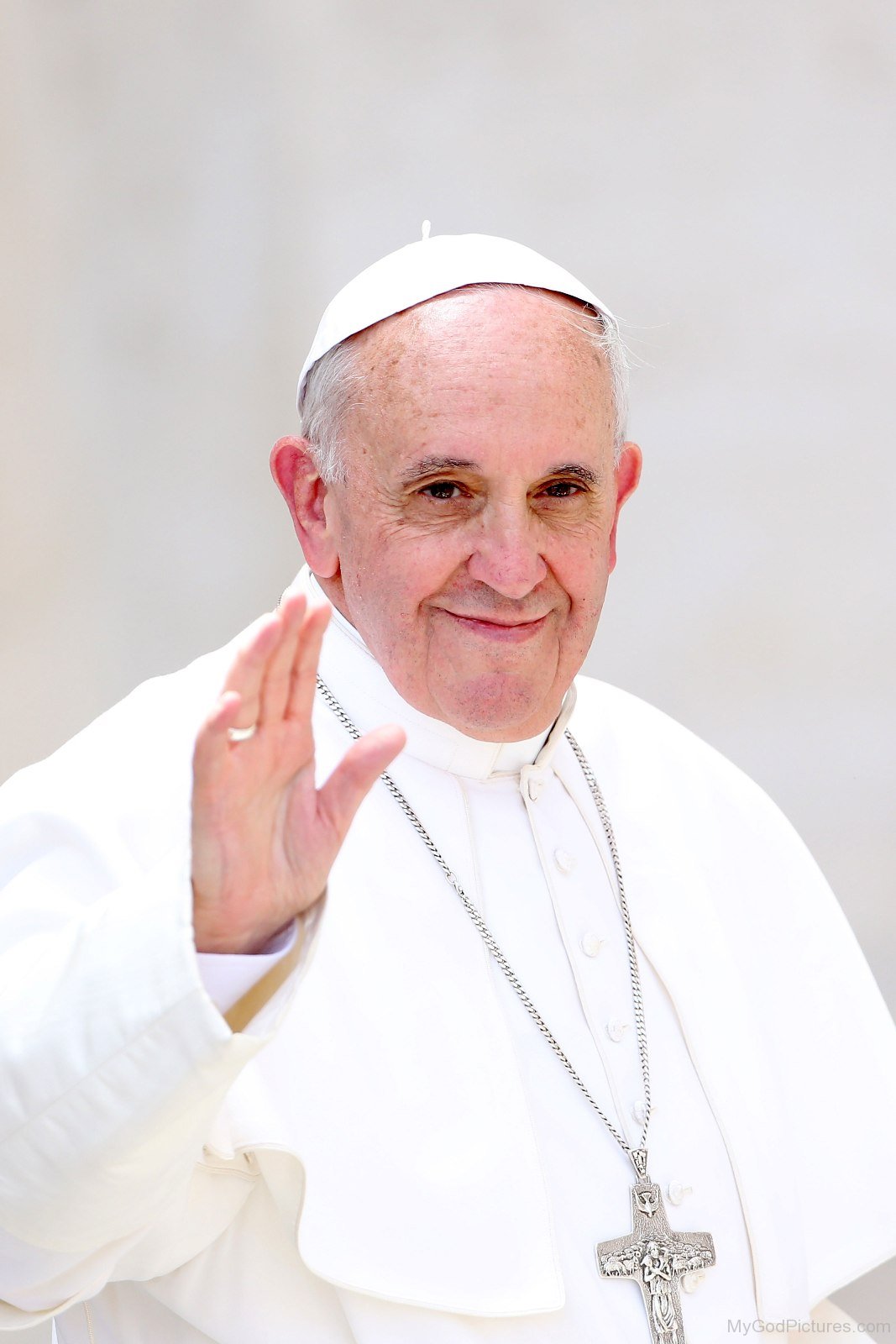Can a single individual truly influence the trajectory of global affairs? Pope Francis, born Jorge Mario Bergoglio, has undeniably demonstrated that leadership rooted in humility and compassion can profoundly impact the world. His election as the first pope from the Western Hemisphere marked a pivotal moment in the history of the Roman Catholic Church. As he addressed pressing issues such as climate change, social inequality, and interfaith dialogue, his voice resonated across continents, urging humanity to unite for a common cause.
Born on December 17, 1936, in Buenos Aires, Argentina, Pope Francis emerged from humble beginnings. The son of an Italian immigrant railway worker and a housewife, his early life shaped his understanding of resilience and community. Before ascending to the papacy, he served as the Archbishop of Buenos Aires, where his dedication to serving marginalized communities became evident. When elected pope in 2013, he brought with him not only a rich theological background but also a deep commitment to addressing the challenges facing modern society.
| Biographical Information | |
|---|---|
| Full Name | Jorge Mario Bergoglio |
| Date of Birth | December 17, 1936 |
| Place of Birth | Buenos Aires, Argentina |
| Parents | Mario José Bergoglio (father), Regina María Sívori (mother) |
| Siblings | Four siblings |
| Ordained Priest | December 13, 1969 |
| Became Archbishop of Buenos Aires | February 28, 1998 |
| Elected Pope | March 13, 2013 |
| Notable Encyclicals | Laudato si' (2015), Fratelli Tutti (2020) |
| Official Vatican Website | vatican.va |
Pope Francis's tenure was characterized by groundbreaking initiatives aimed at revitalizing the Catholic Church. One of his most significant contributions came through the publication of Laudato si', an encyclical released in 2015. This document addressed the urgent need for environmental stewardship and challenged nations to adopt sustainable practices to combat climate change. By framing ecological concerns within a moral framework, he urged leaders worldwide to prioritize the well-being of future generations over short-term economic gains.
His efforts extended beyond environmental advocacy, encompassing a wide array of social justice issues. During his participation in the G7 summit held in Italy, Pope Francis delivered a poignant message warning of the dangers posed by ongoing conflicts, particularly those in Ukraine and Gaza. He emphasized the importance of diplomacy and peacebuilding, reminding world leaders of their responsibility to protect innocent civilians caught in the crossfire of war. Such interventions underscored his role as a moral authority capable of bridging divides between nations.
Throughout his pontificate, Pope Francis championed inclusivity and reconciliation within the Catholic Church. He encouraged dialogue with other faiths, fostering mutual respect and understanding among diverse religious traditions. Additionally, he sought to address historical injustices committed by the Church, acknowledging past wrongdoings while advocating for systemic reforms. These actions reinforced his vision of a Church that is both compassionate and accountable to its followers.
In addition to his public service, Pope Francis maintained a personal connection with individuals around the globe. Stories abound of how his simple gestures—such as visiting hospitals or offering words of encouragement to struggling families—left lasting impressions on countless lives. For instance, several Arizonans recounted how Pope Francis's teachings inspired them to pursue meaningful change within their communities. His ability to inspire hope and action speaks volumes about his enduring legacy.
The significance of Pope Francis's contributions cannot be overstated. As the first Latin American pope, he shattered barriers and paved the way for greater representation within the hierarchy of the Catholic Church. Furthermore, his willingness to engage directly with contemporary issues ensured that the Church remained relevant in an ever-evolving world. While some critics questioned certain aspects of his approach, there is no denying the transformative impact he had during his time as leader of one of the largest religious institutions globally.
As we reflect upon the life and work of Pope Francis, it becomes clear that his influence extends far beyond the confines of Vatican City. Through his unwavering commitment to justice, mercy, and unity, he exemplified what it means to lead with integrity and purpose. Though his journey came to an end after serving twelve years as pope, his teachings continue to inspire millions worldwide, reminding us all of our shared responsibility to create a better tomorrow.
| Key Contributions of Pope Francis | |
|---|---|
| First Pope from South America | Shattered geographical barriers within the Catholic Church hierarchy |
| Publication of Laudato si' | Addressed global environmental crisis through a moral lens |
| Advocacy for Social Justice | Championed causes related to poverty alleviation, immigration reform, and gender equality |
| Interfaith Dialogue | Promoted peaceful coexistence among different religious groups |
| Reforms Within the Church | Implemented measures to increase transparency and accountability |



